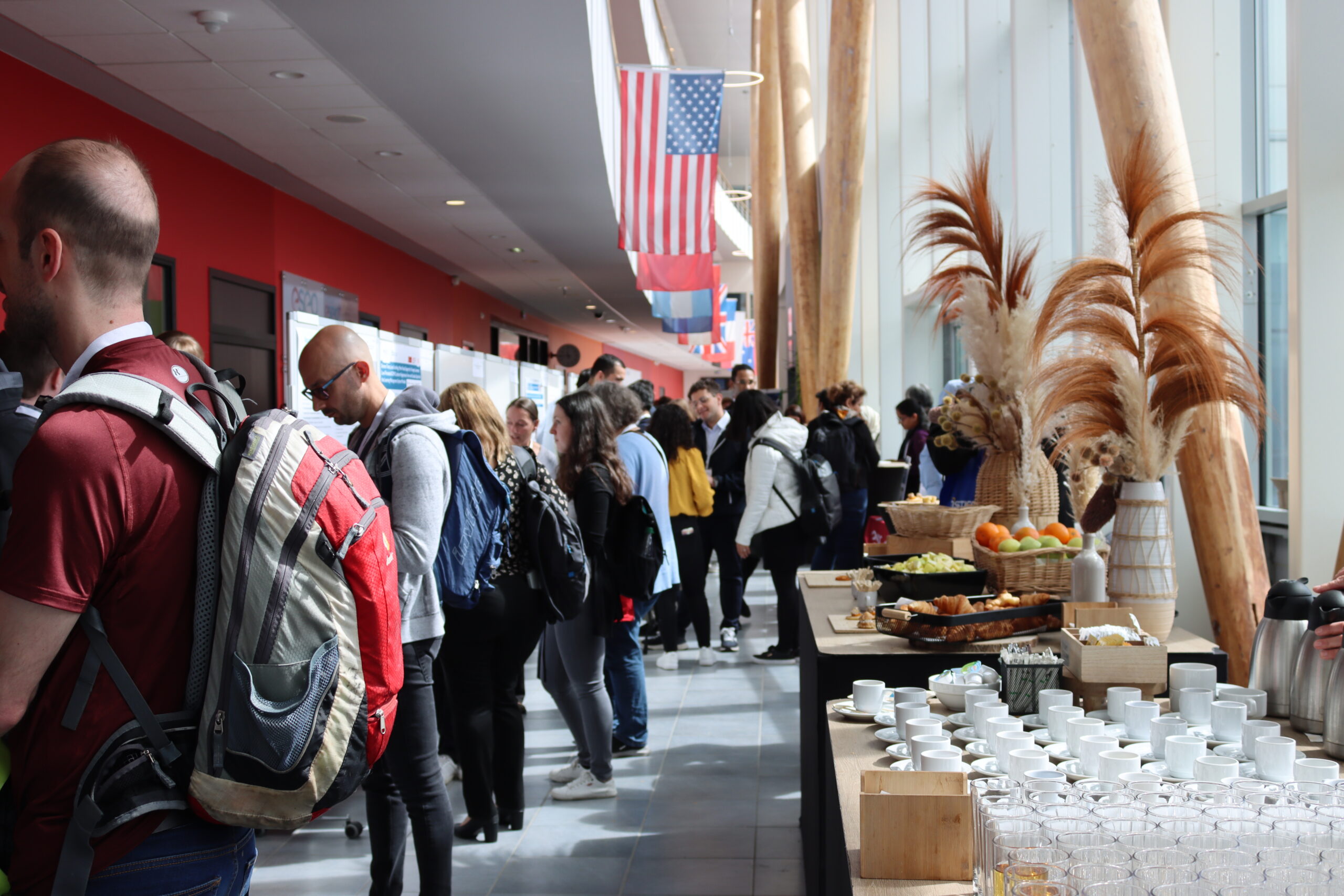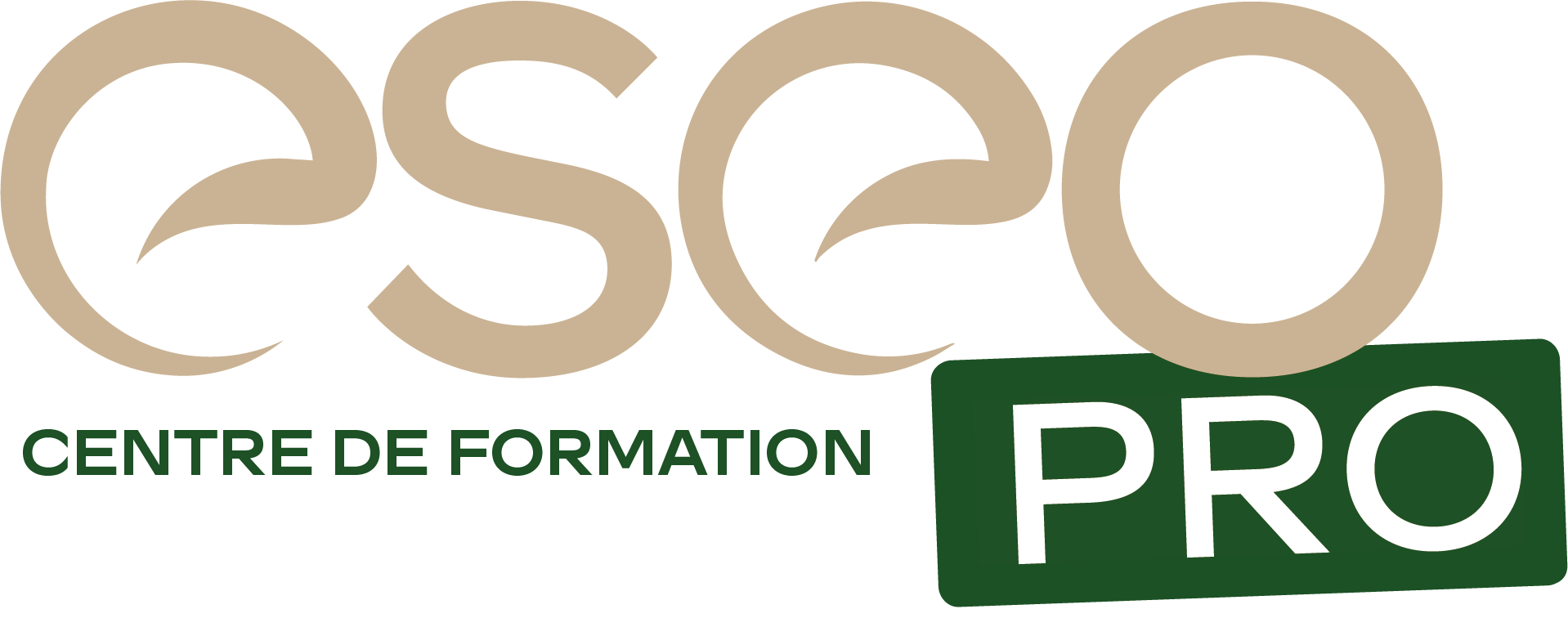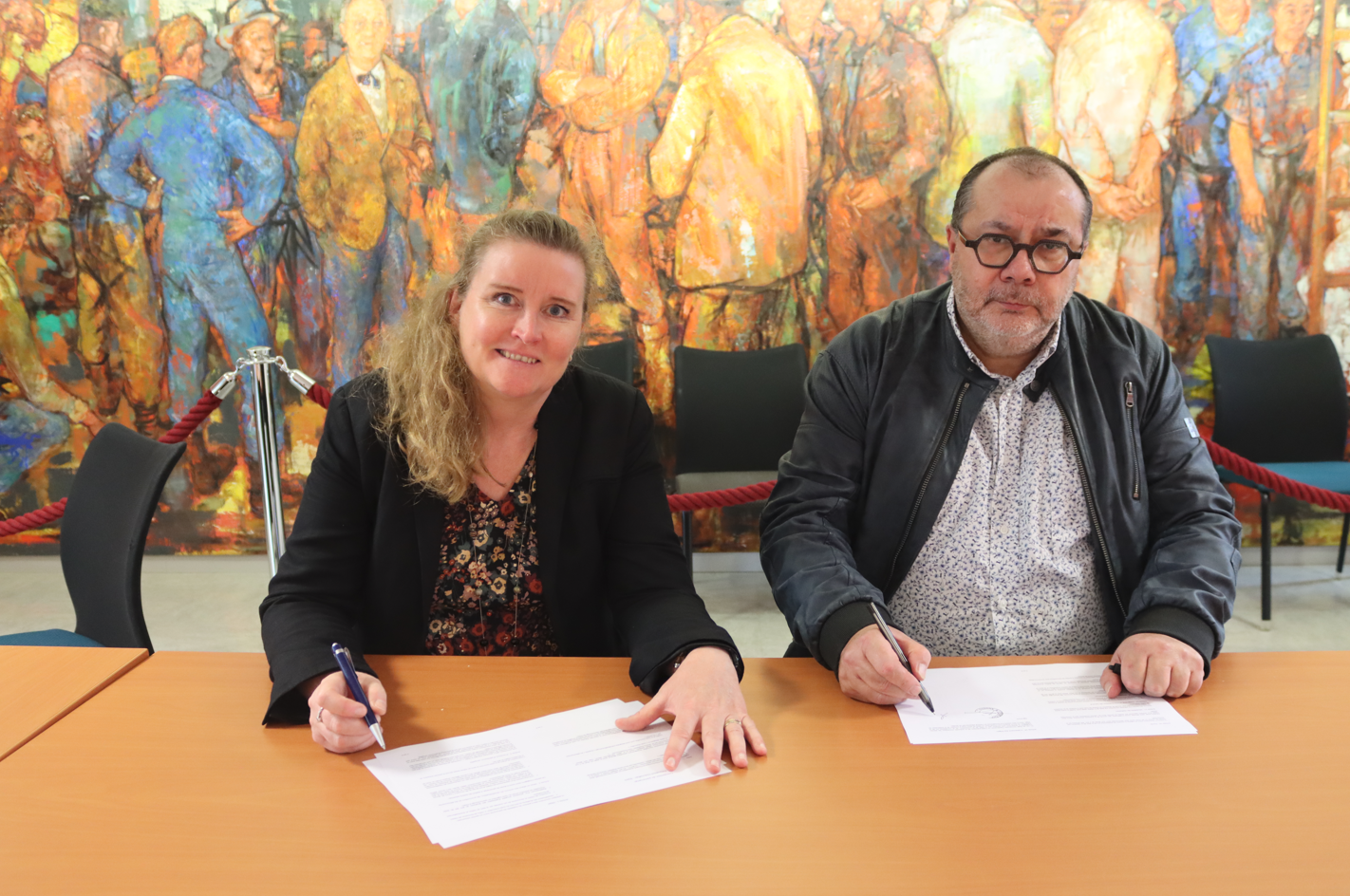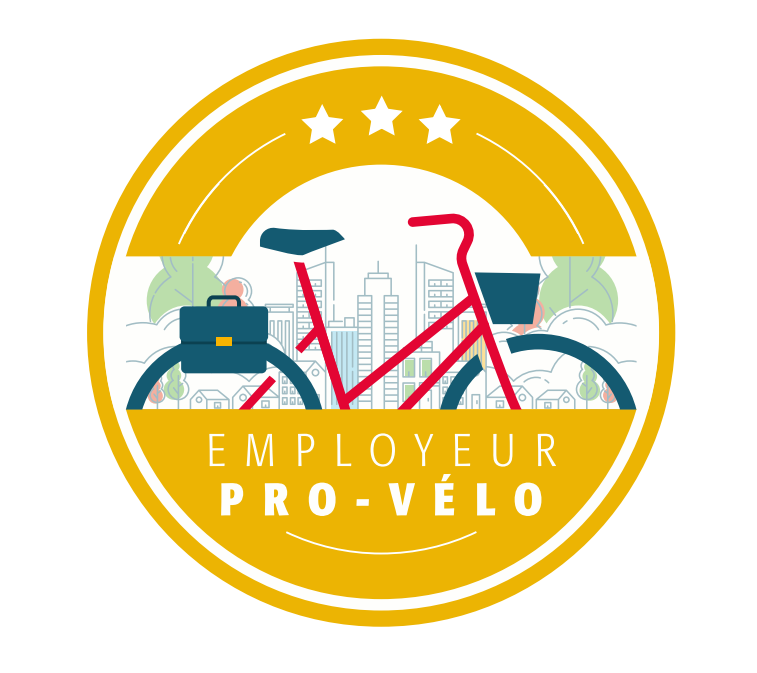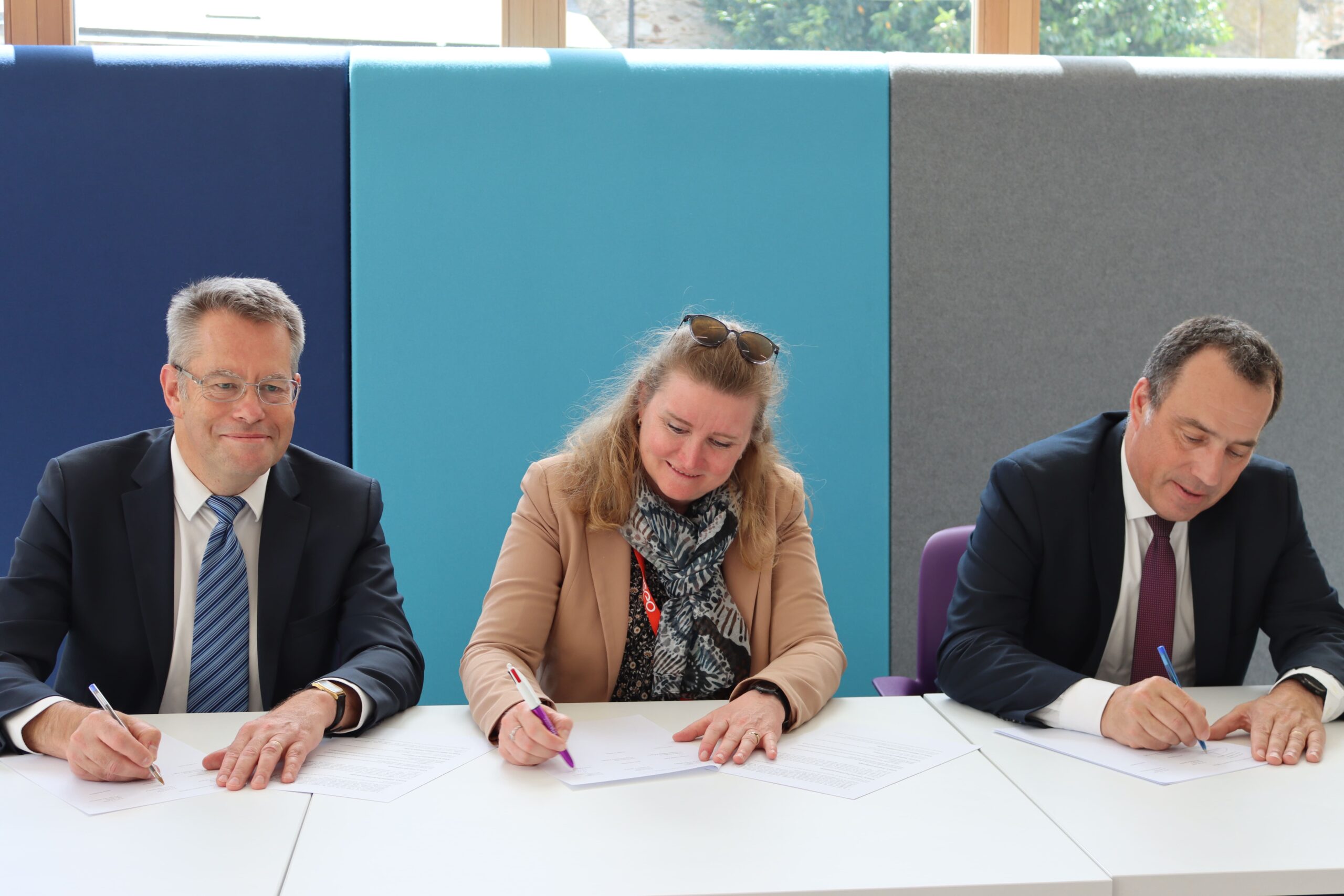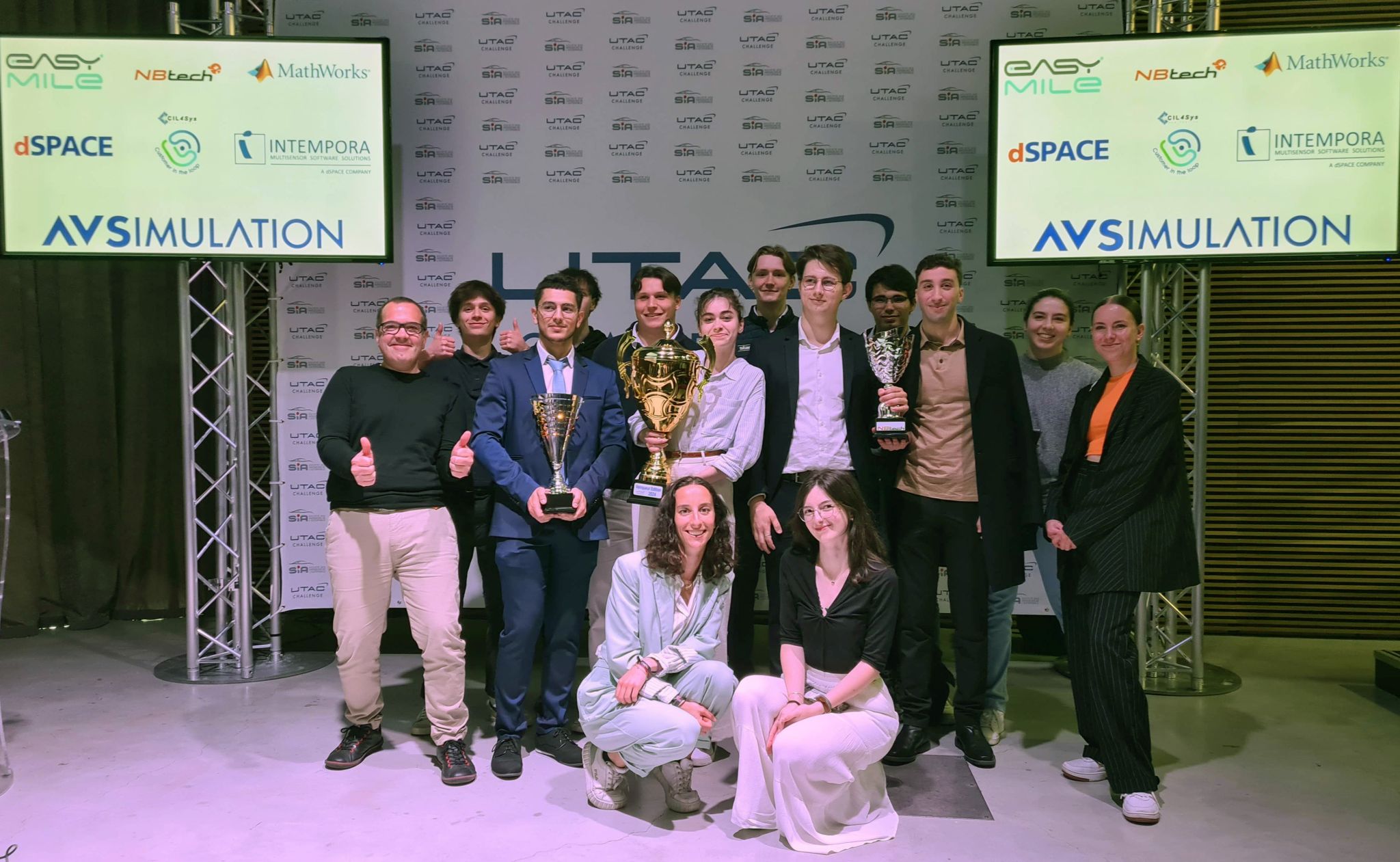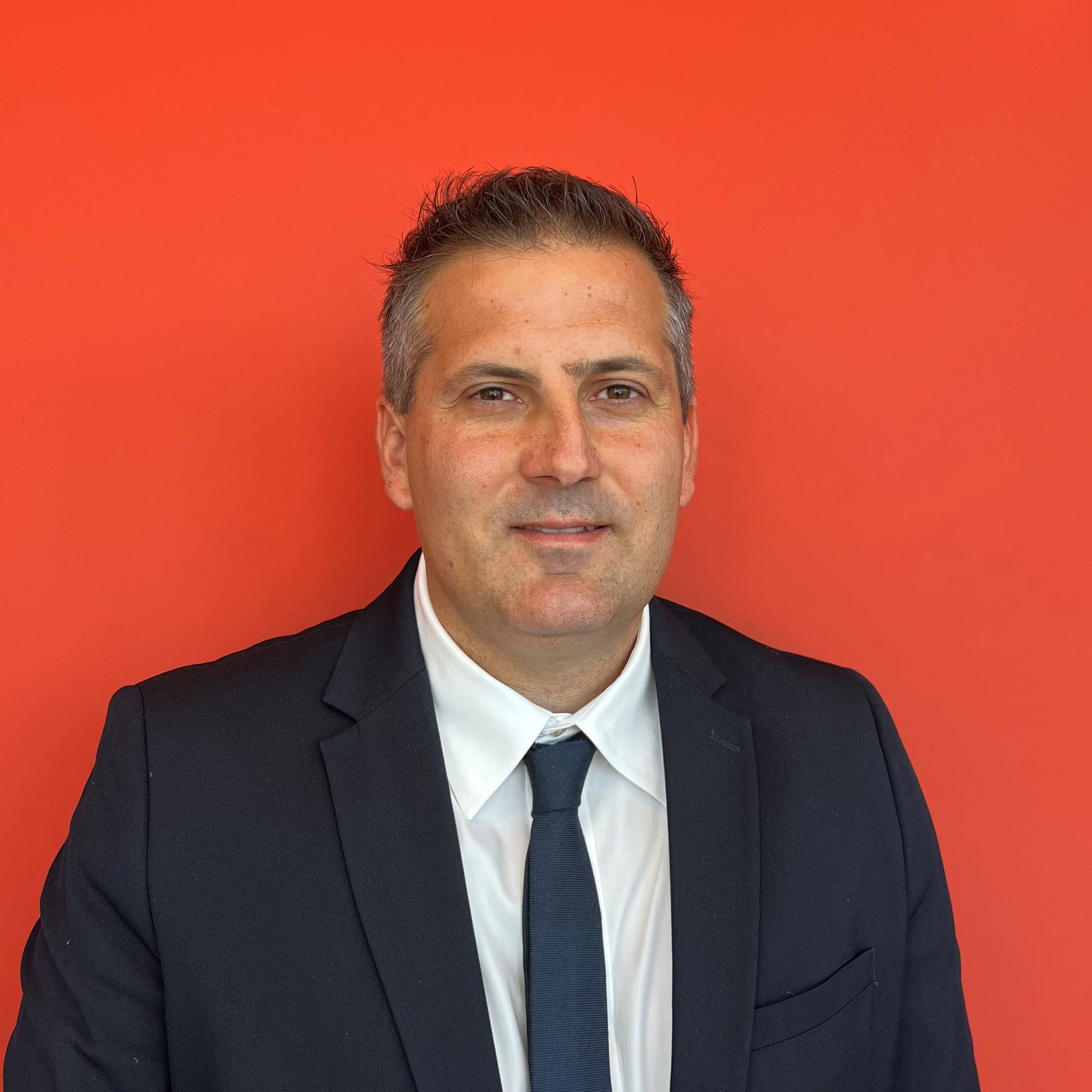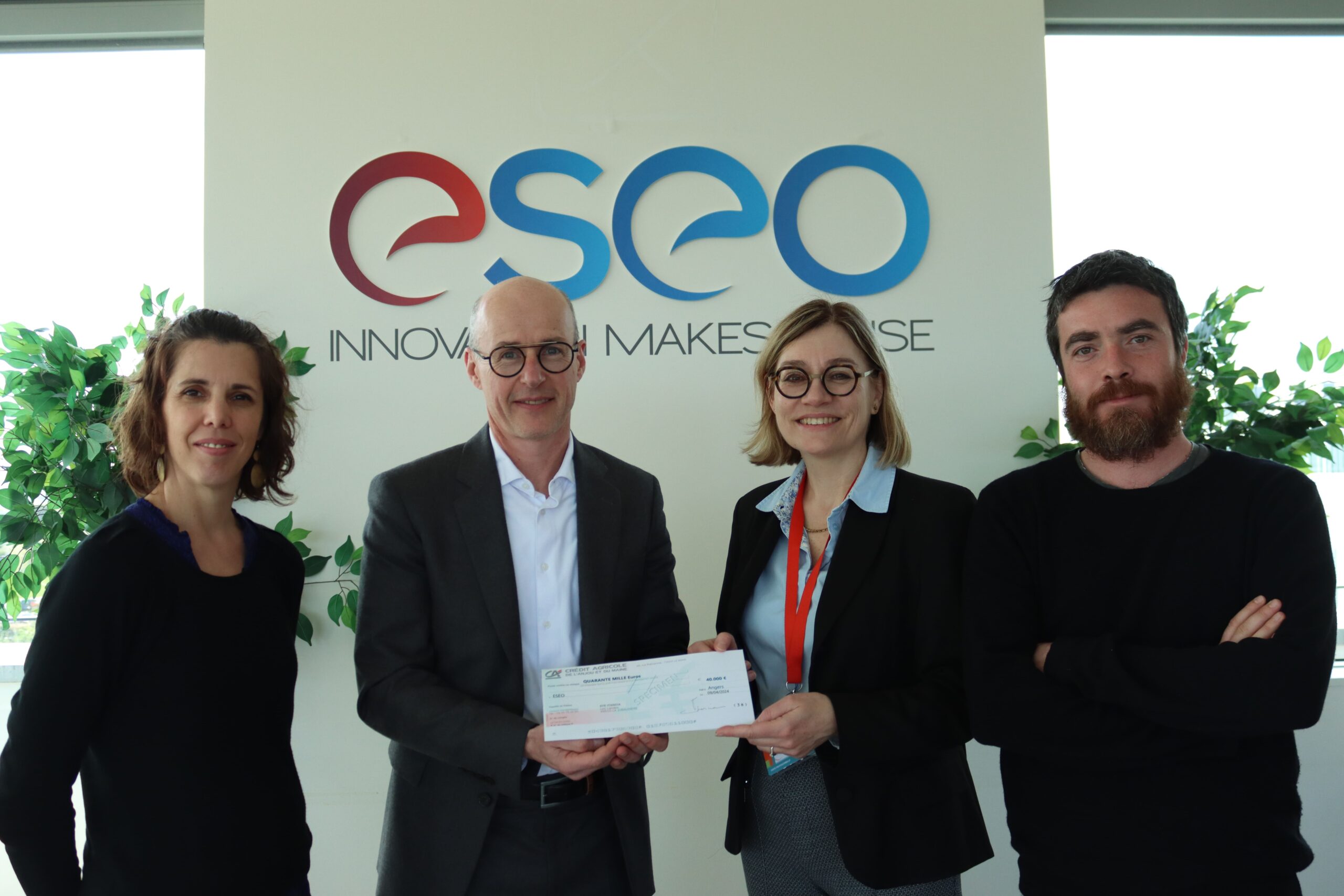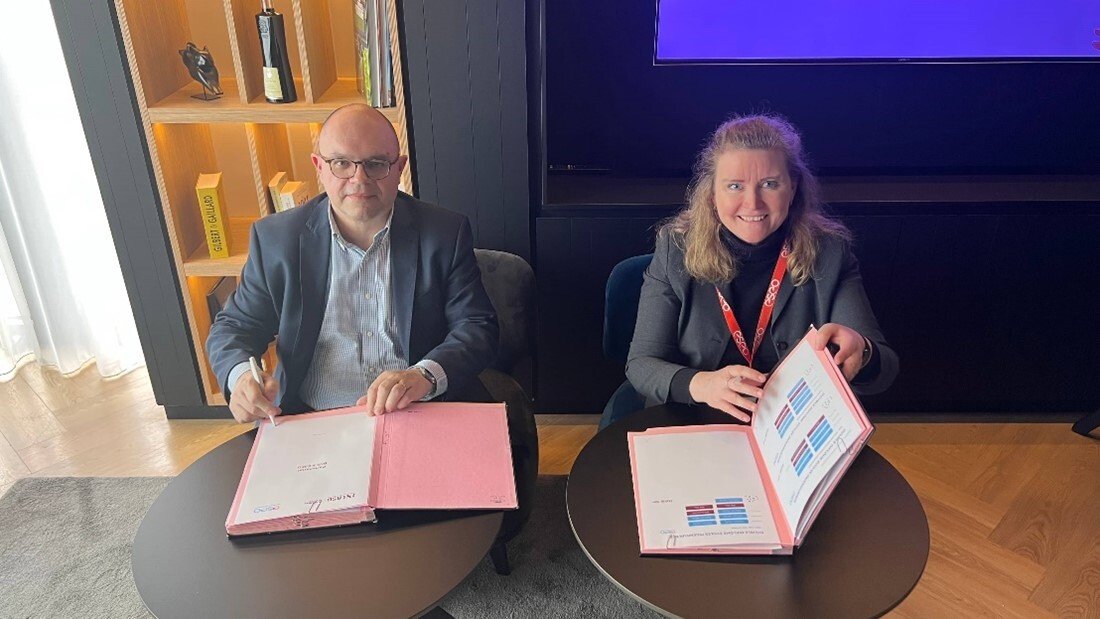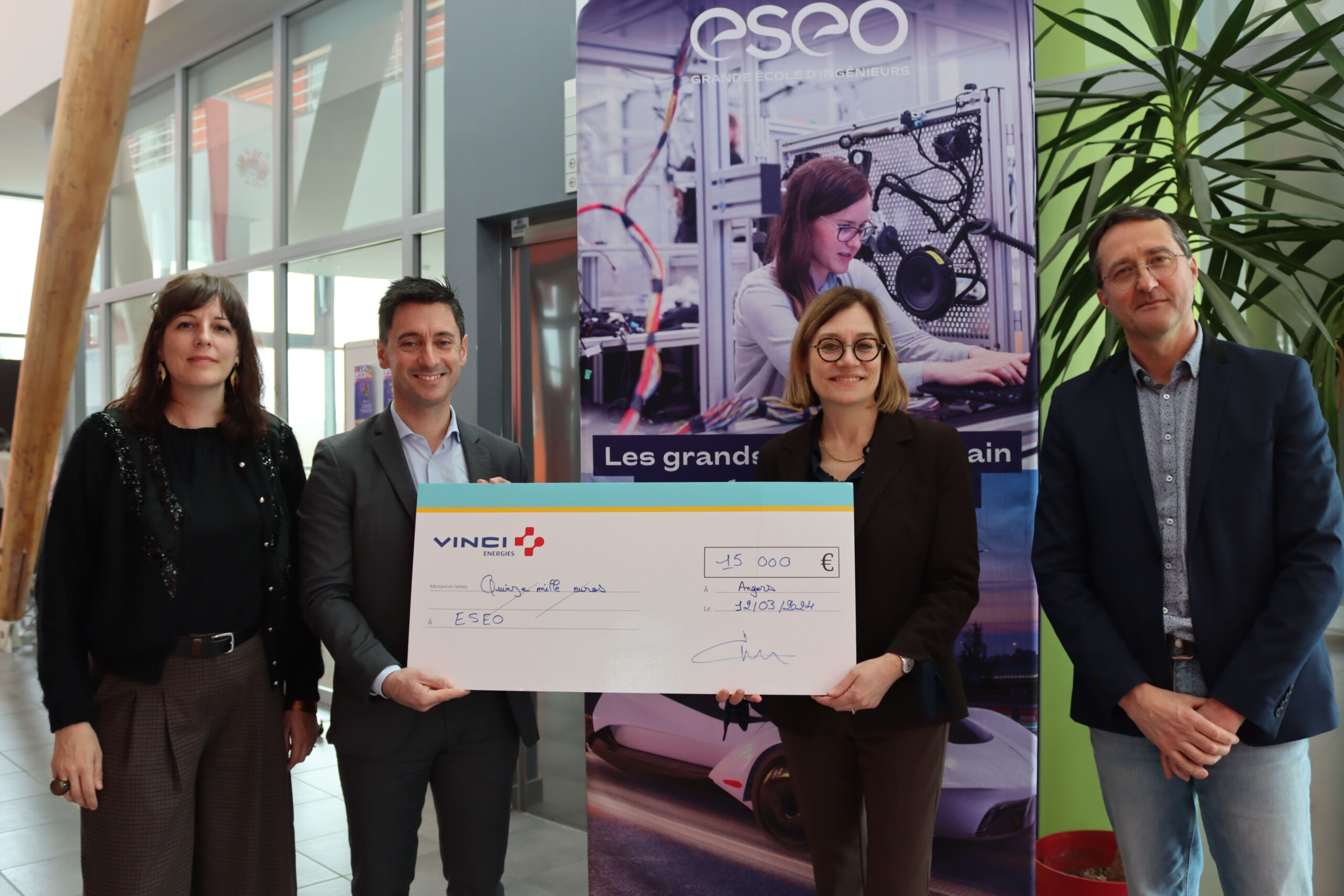Press release / Paris, 20 May 2022
— Operation Ingénieuses 2022 —
On Thursday 19 May, the Ingénieuses 2022 awards ceremony took place. The aim of this operation is to reward schools, engineering students and women engineering graduates for their inspiring projects and achievements in promoting gender diversity in engineering. ESEO was nominated for the prize for engineering schools and was awarded in the school association category for its ‘Arduin’elles’ project.
How can parity in engineering be strengthened?
For the 12th consecutive year, on 10 January the CDEFI launched a new edition of its flagship operation Ingénieuses, which aims, through the promotion of engineering school projects and the inspiring careers of female students and professionals, to mobilise people around the promotion of gender equality and the fight against stereotypes in engineering.
The basic aim of the initiative is to promote engineering training and careers among young girls, in order to encourage greater gender diversity in the sector.
The call for projects and applications sent out to engineering schools, engineering students in France and North Africa and women engineers closed on 8 March. A total of 193 applications were received and examined by the jury, made up of members of the CDEFI and representatives of its partners and supporters.
Arduin’elles’ project, led by ESEO
The ESEO’s ‘Arduin’elles’ project involved designing an educational game to teach secondary school students how to use Arduino, a prototyping platform for creating interactive electronic objects.
Aimed at both boys and girls, the wider aim of the game is to help pupils gradually discover the role of women (including racialised women) in the world of engineering.
Starting with training on the Arduino interface by a teacher and ESEO students (at least one of whom must be a woman), the students will then be invited to apply this new knowledge in a fun way.
Through the presentation of objects representing important inventions, they will be led to discover the history behind these objects and their designers, who are systematically women (Hedy Lamarr, Ada Lovelace, Annie Easly, Edith Clarke, etc.). The activity will encourage them to think about and debate the place of women and their lack of representation in the field of engineering.
The game is currently being built and tested in partnership with the the Fondation Agir contre l’exclusion (FACE) as part of the Wi-filles initiative, a programme designed to introduce young people to the digital professions. One of the challenges of the project is to choose sustainable but low-cost materials to make it accessible to schools.
Press contacts
Lison Behra – lbehra@madamemonsieur.agency – 07 89 37 42 90
Rosemarie Pinon – rpinon@madamemonsieur.agency – 07 72 55 46 12
